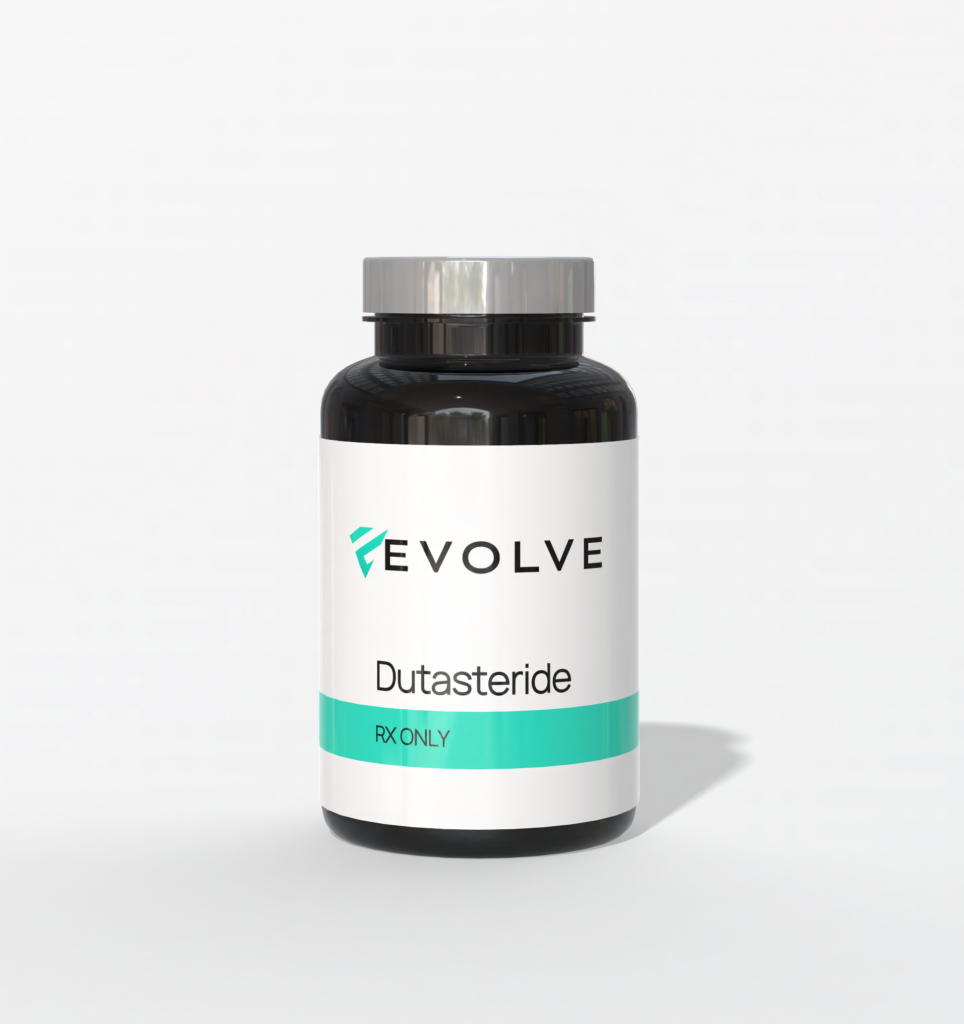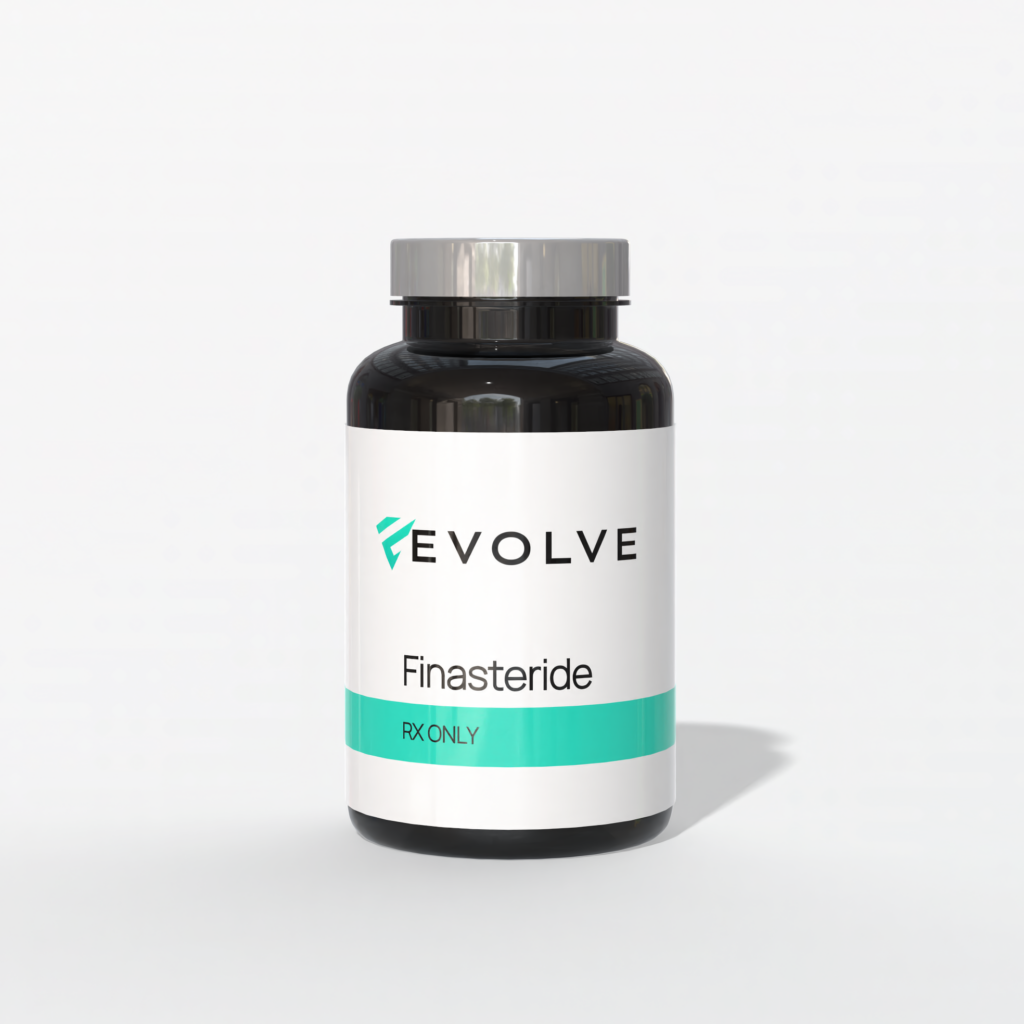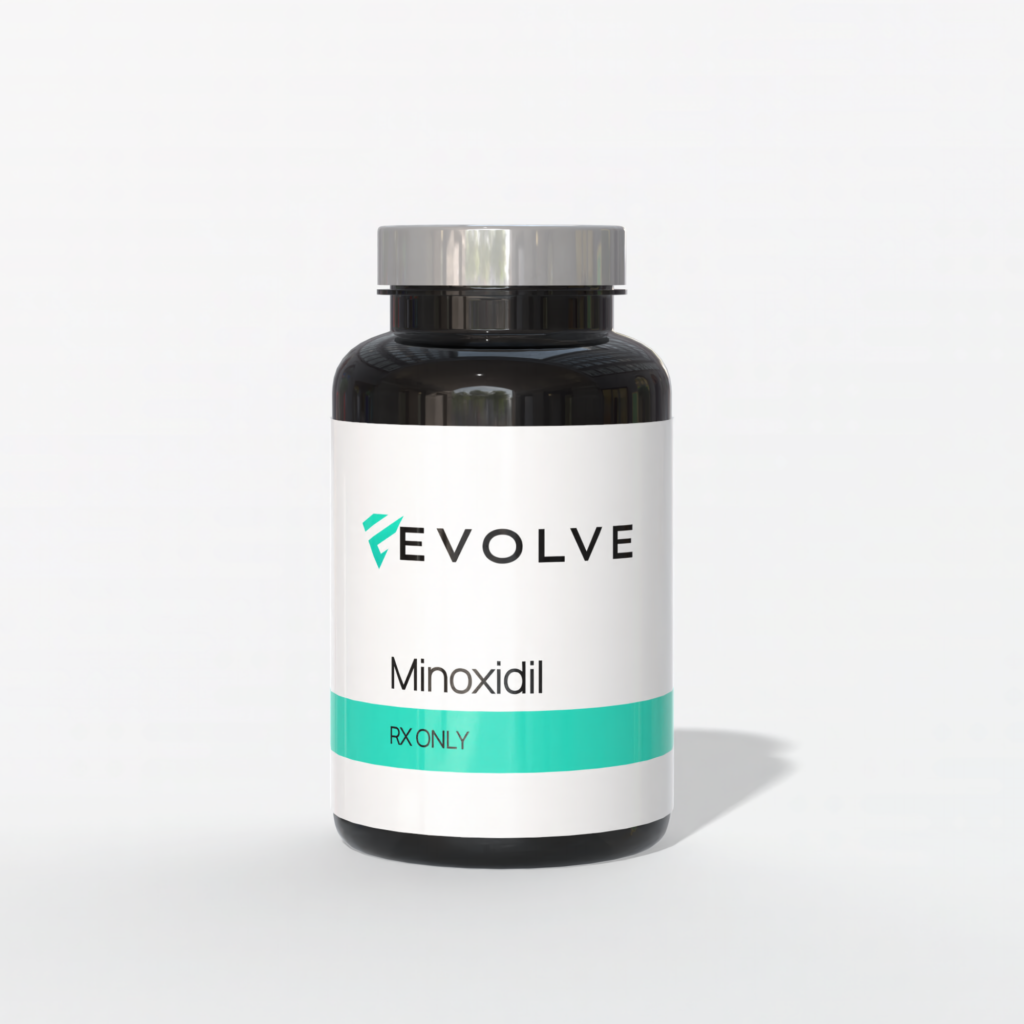Hair Restoration
What our patients are saying
Kelly from day 1 and Dr Martin and Lisa at kick-off were very knowledgeable and easy to work with...so far so good; start as soon as i get meds!! Excited to work with Lisa and team post start.
Great support and feedback. Quick response to any questions I have. Going on 2 years.
Dr Keith and Brandon are always on point, very thorough and makes sure everything is addressed.
































FAQS
Male hair loss, or male pattern baldness, is primarily attributed to a combination of genetic and hormonal factors. The main factor is the influence of dihydrotestosterone (DHT), a derivative of testosterone. In individuals with a genetic predisposition, DHT can shrink hair follicles, leading to thinner and shorter hair until eventually, they stop producing hair altogether. Other factors, such as age and family history, contribute to the likelihood and pattern of male hair loss.
Hair regrowth in men depends on the cause of hair loss. For male pattern baldness, the most common cause, regrowth can be challenging. Certain medications like minoxidil or finasteride slow down hair loss and, in some cases, promote limited regrowth.
There are several approaches to address and potentially slow down hair loss in men. Options include medications like minoxidil and finasteride, hair transplant surgery, laser therapy, maintaining a healthy lifestyle, and gentle scalp care. Consult a healthcare professional for personalized advice.
Male hair loss, particularly in cases of male pattern baldness, is often considered permanent. This type of hair loss is primarily influenced by genetic and hormonal factors, leading to the shrinking of hair follicles and the gradual cessation of hair growth. While certain treatments may slow down the process and, in some cases, promote limited regrowth, a complete reversal to the original state is generally challenging.
Finasteride and Minoxidil are two treatments we offer to help you grow full, thicker hair.
Yes, both Finasteride and Minoxidil are generally safe for treating men’s hair loss. However, potential side effects of Finasteride should be discussed with a healthcare professional before use, and consistent application is crucial for Minoxidil to maintain results.
Fixing thinning hair in women involves a multifaceted approach. Consider maintaining a nutrient-rich diet, managing stress, and using gentle hair care products. Our treatments, including Minoxidil and Finasteride, are available in various forms such as serums, pills, or shampoo and conditioners.
Dihydrotestosterone (DHT), a derivative of testosterone, is a hormone that can contribute to hair loss in females. An excess of DHT can lead to the shrinking of hair follicles, resulting in thinner and shorter hair growth. Hormonal fluctuations, especially during conditions like polycystic ovary syndrome (PCOS) or menopause, can increase DHT levels and contribute to female hair loss.
Biotin, a B-vitamin, is often associated with promoting hair health. It plays a role in the production of keratin, a protein essential for hair growth. Vitamins like Vitamin A, Vitamin E, and Vitamin D contribute to overall hair health. However, it’s important to maintain a balanced diet with various nutrients for optimal results.




